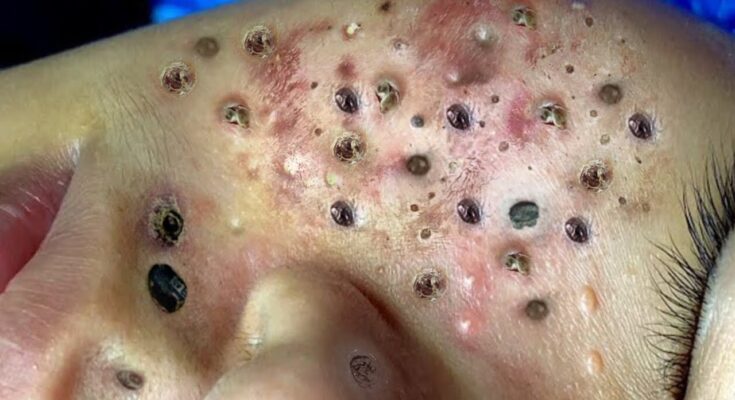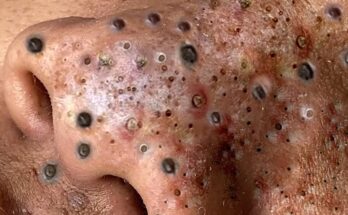In the pursuit of lighter skin, many people turn to whitening products without understanding the potential dangers. While some options are safe, others contain harmful ingredients that can cause irreversible damage. This article explores the risks of skin whitening and offers natural, healthy alternatives.
1. Mercury Poisoning
- Risk: Many whitening creams contain mercury, a toxic metal that can damage the kidneys, nervous system, and skin.
- Symptoms: Skin rashes, discoloration, and even scarring with long-term use.
- Regulation Warning: Banned in many countries but still found in illegal or imported products.
2. Hydroquinone Overuse
- Risk: While hydroquinone (2-4%) can lighten dark spots, prolonged use thins the skin and causes ochronosis (blue-black pigmentation).
- Safe Usage: Should only be used under dermatologist supervision for short periods.
3. Steroid-Induced Damage
- Risk: Some creams contain illegal steroids, leading to skin thinning, acne, and worsened pigmentation over time.
- Withdrawal Effects: Stopping suddenly can cause severe redness and burning (topical steroid withdrawal).
4. Harsh Bleaching Agents
- Risk: Ingredients like glutathione injections or high-dose vitamin C (when misused) can disrupt melanin production unevenly.
- Side Effects: Patchy skin, increased sun sensitivity, and unnatural whitening.
Safe & Natural Skin Brightening Alternatives
1. Vitamin C (L-Ascorbic Acid)
- Benefits: Fades dark spots, boosts collagen, and protects against UV damage.
- How to Use: Apply a 10-20% serum in the morning under sunscreen.
2. Niacinamide (Vitamin B3)
- Benefits: Reduces pigmentation, strengthens the skin barrier, and regulates oil.
- How to Use: Look for 5-10% in moisturizers or serums (safe for daily use).
3. Licorice Root Extract
- Benefits: Naturally inhibits melanin production without irritation.
- How to Use: Found in toners or brightening serums.
4. Alpha Arbutin
- Benefits: A gentler alternative to hydroquinone that slowly lightens spots.
- How to Use: 1-2% concentrations in overnight treatments.
5. DIY Remedies (With Caution!)
- Turmeric & Honey Mask: Anti-inflammatory and mildly brightening (patch test first).
- Aloe Vera Gel: Soothes and evens out skin tone over time.
How to Choose Safe Whitening Products
✔ Check Labels: Avoid mercury, steroids, and hydroquinone (if unregulated).
✔ Dermatologist-Approved: Opt for brands like The Ordinary, Paula’s Choice, or CeraVe.
✔ Sun Protection: Always use SPF 30+—whitening makes skin more UV-sensitive!
Conclusion
True beauty comes from healthy skin—not compromised shortcuts. By choosing science-backed ingredients and avoiding harmful chemicals, you can achieve a radiant, even complexion safely.
Remember: If a product promises overnight results, it’s likely too good to be true.

